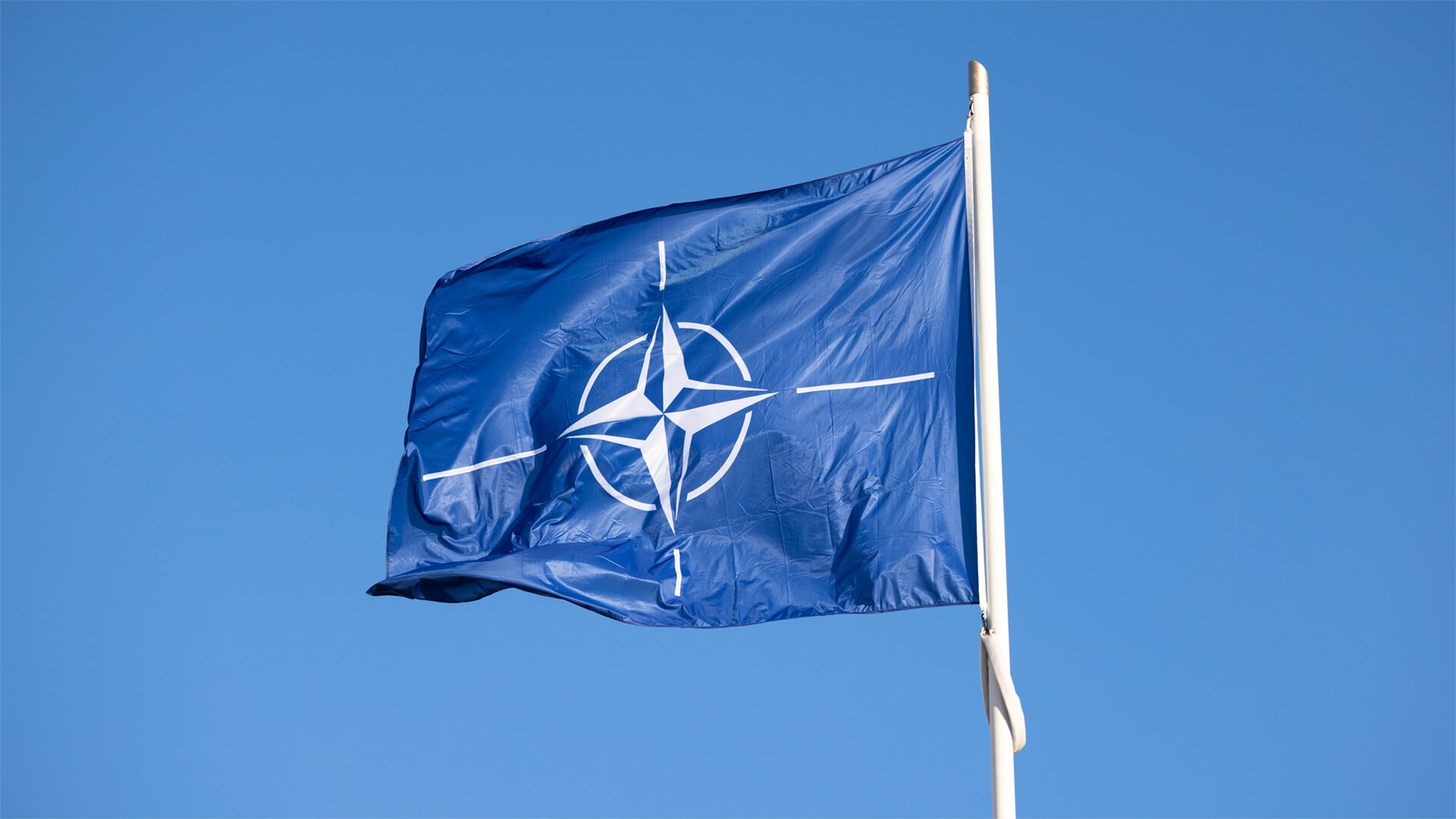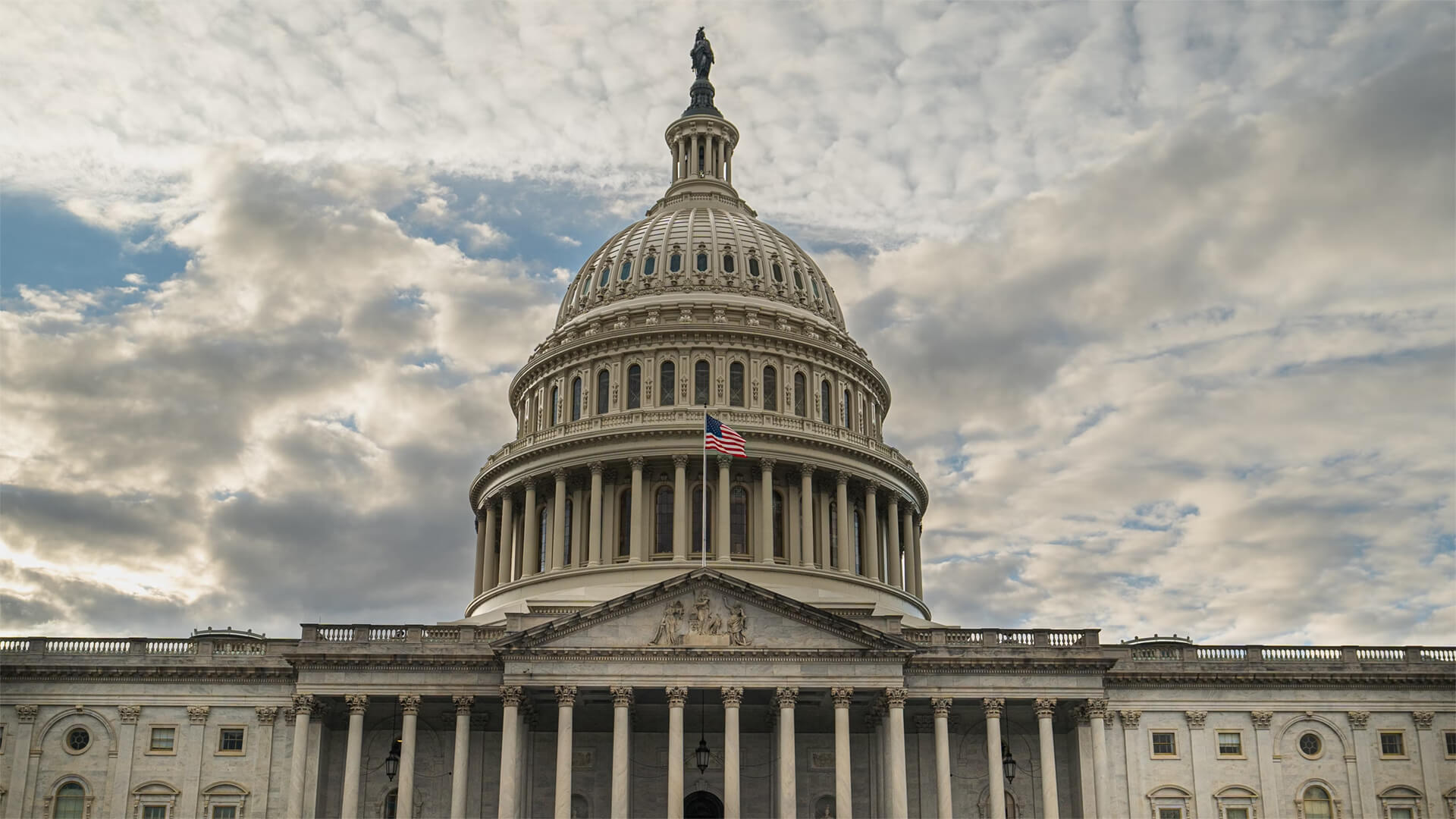Why I’m Okay with Some of the Secondary Tariffs
On March 25, President Trump announced a new 25% tariff on purchases of Venezuelan crude. There’s a lot going on with this one, so let’s cover the micro and macro.
According to how the framers wrote the constitution, authority over tariffs—like much of trade—sat with Congress. Second, Venezuelan crude typically hits the US to be processed by our specialized refineries. So, this tariff is just raising costs for US refiners instead of directly hurting Venezuela. Unless of course you ignore all that and simply apply the tariff wherever you want.
Regardless of how many holes can be poked in these moves, the broader reality is that globalization is ending, and the US will need some new economic tools to face that change. As clumsy and unstructured as it is, at least the US gets to put some new tools through the ringer before they have to take the big stage.
You Mess with the Don, You Get the Tariffs
Well, it finally happened. Word got back to President Trump that Putin and the Russians were making a fool of him in their negotiations and peace talks, so the obvious next step is to throw some more tariffs at them…
This would be accomplished with 25-50% secondary tariffs placed on the US exports of countries who still buy Russian crude – primarily China. Total up all of the tariffs coming down on China after April 2nd, and they could be looking at over 100% tariffs. So, those Chinese electronics and other imports risk becoming a lot more expensive in the near future. There’s no quick replacement for China’s supply chains either, which means high prices and tariff-driven inflation will be hitting consumers hard for a while.
The worst part of all this tariff minutiae is that it won’t change how the Russians interface with the world. It just ups the pressure on Russia’s key suppliers, like China, Iran, and North Korea. As I said in my secondary tariff video the other day, at least we’re going to see if secondary tariffs can be an effective tool for us in the coming deglobalized world.
Here at Zeihan on Geopolitics, our chosen charity partner is MedShare. They provide emergency medical services to communities in need, with a very heavy emphasis on locations facing acute crises. Medshare operates right in the thick of it, so we can be sure that every cent of our donation is not simply going directly to where help is needed most, but our donations serve as a force multiplier for a system already in existence.
For those who would like to donate directly to MedShare or to learn more about their efforts, you can click this link.
Transcript #1
Hey. Peter Zeihan here. Coming from Colorado. We’re going to a quick one today about something that happened on the 25th of March. Specifically, Donald Trump announced in a bit of a surprise to everyone on his team that there’s yet another tariff coming. This one specifically is a 25% tariff on anyone who purchases Venezuelan crude oil. The idea is that Venezuela is a horrible place, led by a horrible team that is doing horrible things to its people in the United States, thinks horribly of it, and therefore no one should deal with it.
Three things here. Working from least to most important. First, this is blatantly illegal. The Constitution is very clear that the authority for tariffs is, lies with Congress, not with the presidency. Whenever the president wakes up with a hair up his ass. That obviously does not matter to this administration at all, as we have seen over and over and over again, and especially since the American Senate has basically abdicated all responsibility for policymaking and just defer to Trump on everything.
Legally, this is obviously an issue. And moving forward, it could be an interesting series of topics in domestic politics, but I really don’t see anyone calling the president on it. So, you know, bygones. Second most Venezuelan crude ends up in the United States. So this is technically a tariff on us. Venezuelan crude is super heavy, and it’s super, contaminated with things like sulfur and mercury and there are very, very, very few refineries in the world that can process it unaided.
And almost all of them are in the United States. Actually, I would argue all of them are in the United States. However, Venezuelan, the United States don’t get along. So what happens is Venezuela produces the crude, they export it to a broker, and then that broker sells it to U.S. refineries. And so even though Venezuela and the United States have really not gotten along now since 1998, it’s been that long.
We’re still the end destination for most of their stuff, and everyone just agrees to participate in a little bit of, paperwork, in order to make relationship still functional. Now, a little bit does go to China, and even less and it more regularly does go to India. But really, it’s all here. Now, the brokers who do this, those are primarily Chinese.
So there could be an interesting, legal approach here to go after the brokers as to the United States. But, you know, ultimately, the people who are paying the tariffs or the people who are importing the stuff, or at least that’s theoretically going to work. Donald Trump is really not concerned with the details. So it feels like it’s just going to be a flat tariff on all things China of another 25%, which I believe brings us to almost 100% at this point.
It’s been a moving target keeping track of that. That’s a lot. Anyway, far more importantly is, Trump’s right. Globalization is gone. It’s not coming back. And the series of tools that were developed to regulate the American economy and its interface with the rest of the system from 1945 until 2015, the at a minimum, need an update, much less things like saying that tariffs are the purview of Congress, which is enshrined in the Constitution.
That certainly needs an update to. And so while I can make fun of the specifics of what is really a clownish attempt at economic policy, I have to admit that if we’re going to develop new tools, I would rather have them battle tested under an incompetent administration, in a short period of time than done the right way, using legalism and acts of Congress under a more capable president.
So I’m actually okay with this. We’re moving into a world where it’s less based on rule of law and more based on whatever you define. Your national interest in the moment happens to be. So Venezuela clearly is a country that indirectly, indirectly has worked against American national interests for a couple of decades. And, basically hit him with a baseball bat in the shins is going to cause them a lot of problems.
And the Chinese are not our friends. And so if you want to put an arbitrary tariff on them and just see what happens, you know, this is as good of a time as any to try this out. It’s all about experimentation. We need to develop a fundamentally new toolkit. And while Trump is obsessed with tariffs, tariffs will be at least one of the tools in that kit. So at least for the moment.
Transcript #2
Hey, everybody. Peter Zeihan here coming to you from a sloppy Colorado. It’s the 31st of March and the news is over the weekend, Donald Trump gave an interview when he talked about how angry he was with Russian President Vladimir Putin. The term pissed off was used a couple of times. The issue is that the Russians have absolutely no intention of agreeing to a meaningful cease fire, much less a long term peace agreement.
And they’ve been deliberately going out of their way to humiliate the American delegations and all of the peace talks, because they can’t go back to Donald Trump with nothing. And they’ve actually been upping the ante trying to embarrass Trump himself. And apparently it finally sunk in, that there is not going to be a deal that the Russians would possibly ever agree to.
And, Trump is starting to get angry now. You guys know my feelings on how the Russians negotiate. You know, my feelings on why the Russians do what we do and we’ll put links to why there will never be a ceasefire. At the end of this video. But the key issue, of course, is how Trump feels.
Trump deliberately chose his national security team like he did most of his team, to not be competent, simply to be loyal and so just getting basic information about what’s going on in the talks back to the top is a simplistic issue because nobody’s communicating anything that they don’t think their boss is going to want to hear.
Well, apparently it has gotten back to him that he’s being made a fool of, and it’s not going over well now. I might not think very much about Donald Trump’s negotiating tools and his negotiating record. However, he is the US president. He is the most powerful person in the world, and that gives him an array of options to implement, even if imperfectly.
And the one he has decided to settle on, at least at the moment, is something called secondary tariffs, which is something he just made up last week when talking about Venezuela. We’ll link to that one as well. The idea is that anyone who purchases crude from the country in question Venezuela last week, Russia this week faces a 25 to 50% tariff on anything that comes into the United States.
Now, this hasn’t been implemented yet versus Venezuela. So we don’t exactly know how it would work, but it would be potentially crushing. Now, the Russians themselves wouldn’t care. They’re not the ones paying the tariff. And even if they were, this war from there is about long term national security needs. They feel until they can get Ukraine completely into their territories, plus Estonia, Latvia, Lithuania, Finland, parts of Romania and Poland and Moldova.
That they won’t stop. They can’t stop. They’ve already paid the price of a major war. And if they stop now, that was paid that price without actually getting the strategic benefit of having a more secure, able external frontier. Now, until Trump came along, there is no way that the United States was going to send by and let this happen, because it would mean basically 100 million people, roughly half of which are allies, being on the wrong side of a new Iron Curtain.
But Donald Trump had a different view of things until apparently Sunday. So now the question is what happens next? The Russians won’t do anything different. In fact, the Russian view going back to the beginning of the war is that even if the Europeans had stopped taking all Russian exports and energy cold turkey, the Russians would have still done this.
It’s that important to them. So something coming out of the Trump administration now really isn’t going to change their math. However, the Russians are not in this war alone. Iran is providing drones. North Korea is providing troops and artillery. And the Chinese are providing basically all the technical stuff that the Russians need to build everything that they can build.
So secondary sanctions on Russian crude would apply to China primarily. Well, secondary sanctions from Venezuela would partially apply to China. So we are in a position here where we might have a 50 to 75% tariff on China just because of secondary sanctions. That’s on top of the 20% that Donald Trump has already put on. That’s on top of whatever number he’s going to make up when it comes to Tariff Day, which is April 2nd, which is just two days from now.
So it’s entirely possible, but by the end of this week, the Chinese will have over 100% tariff, maybe even a lot more than 100% tariff on anything that they sell under the United States. And that is going to change a lot. I don’t want to say what the end result will be, because there’s a lot of other tariffs that are supposed to hit on the second, and it’s I know where they are relative one versus the other.
What I can tell you, if it does get that high versus China, anything that you use that you plug it into the wall, it’s going to get very, very expensive almost overnight.
And because there are no alternative supply chains anywhere in the world to the manufacture and assembly of electronics, this is something that’s going to stick for years. It took 40 years to build out electronics processing and manufacturing in the China centric system that we know now. If we did a breakneck process here in the United States, just the United States, that’s easily another 15 years.
If we include everybody within NAFTA in character, we could probably shave that down to seven. But it is a big step. And in the meantime we still need stuff. So we’re going to get a very, very breakneck lesson in two things here. Number one the impact of tariffs on inflation on a very grand scale from just this one country.
And number two, we’re going to find out if secondary tariffs are an interesting idea that is destined for the dustbin of history or something more. And while the stakes are high, I got to say I’m looking forward to figuring out if this works or not because we are definitely moving into a globalized world. Trump is absolutely right on that, which means we will need different tools and more tools than we’ve been using these last 80 years of globalized trade.
Secondary tariffs are potentially one of them, and we’re going to find out really soon if it works at all, or if it just screws us all over.











